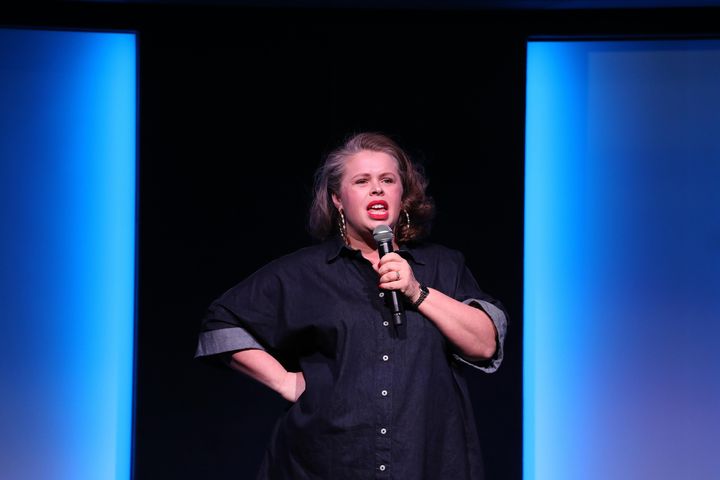Growing up can be hard, and many single-family or newly immigrated families need a helping hand. It’s organizations like Big Brothers Big Sisters of West Island who ease those challenges. They provide much-needed mentorship to adults and youth through individual and group programs, helping to develop heathy young people and filling a necessary role in the West Island community.
And September is mentorship month for BBBSWI. “We try and reach out to those who need the help of a mentor the most, and every year we promote awareness and what makes a mentorship relationship so successful,” said Julie Wu, who is in charge of marketing. “Mentorship is a special journey [whereby we’re creating] building blocks, day by day, with the help of caseworkers.

” The West Island chapter currently has 100 members, however there is a big demand for male mentors. “We have a wait list that is predominantly male because, very often, parents specify that they would prefer a male mentor — they make up 80 per cent of the wait list,” said Executive Director Valentino Pietrantonio. “This is always an ongoing need, and we see this across the whole organization.
” Their in-school mentoring program is important to them as well, and they’re hopeful that they can continue to expand the project with a bit of financial assistance. “We currently have a partnership with 14 elementary schools, in both French and English, and we’re diversifying even further,” Pietrantonio said. Nick was matched with Dean and are pictured here in 2017.
They continue to remain in contact today. BBBSWI also needs financial support to carry out many of the activities and programs they host throughout the year. They are working to fund a number of projects that focus on heightening their community visibility, including a fundraising dinner in Kirkland on October 23 as well as several events to celebrate the organization’s milestone 50th anniversary next year.
Cathy Kudzman is not only the Office Manager at BBBSWI, but her two sons received mentoring several years each when they were teenagers (they are now 19 and 21). Her son Nick was matched with Dean, and her son Kyle was matched with Jacob. She experienced firsthand how beneficial the mentorship program was for her sons.
“As an employee, I would see and hear all these success stories about how mentoring had helped children to grow, and I wanted that for my kids,” she explained. “I wanted them to have someone to talk to if they needed to, especially if they couldn’t come to me or their dad. And my older son is borderline autistic so socially, he was more introverted and didn’t have a lot of friends, so mentoring was super for him.
They were matched with young men who had a lot of energy, and they were exposed to many different things, things I wouldn’t have necessarily offered them — they went on activities like ziplining, and they all went together to do things like a waterpark. These mentors were like part of our family — I felt like I had four boys instead of two.” Big Brother Jacob and Little Brother Kyle enjoy a meal together.
Once a child turns 18, the mentorship program comes to a close, but many of the “bigs” and “littles” stay in touch afterward. “They’ve definitely kept in touch,” Kudzman said. “Just last week one of my sons met up with his mentor and they went out to eat.
As a parent you want the best for your kids and to have every opportunity they can. You’re trying to find something in the community to help them, and Big Brothers Big Sisters was great for my boys. We had awesome experiences.
It feels so good as a parent to see your kids come home happy with their new friends.” Wu added, “It’s so positive that many big and little brothers and sisters continue that relationship as adults — there are so many success stories of our alum. It’s that continued relationship that is really what mentorship is all about.
” n.


















